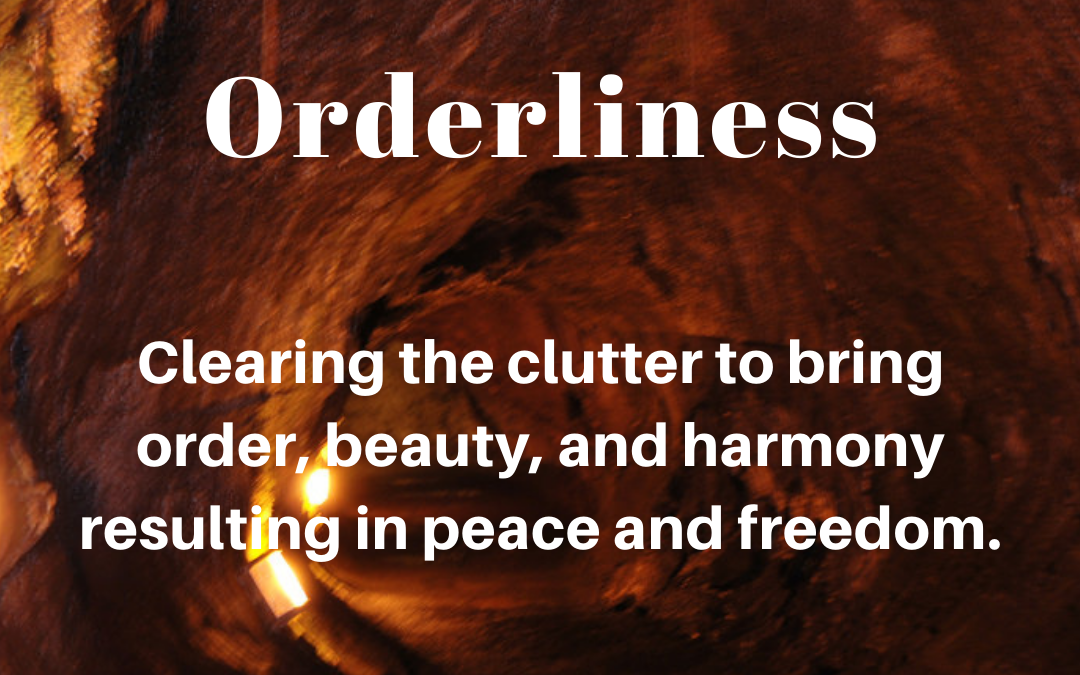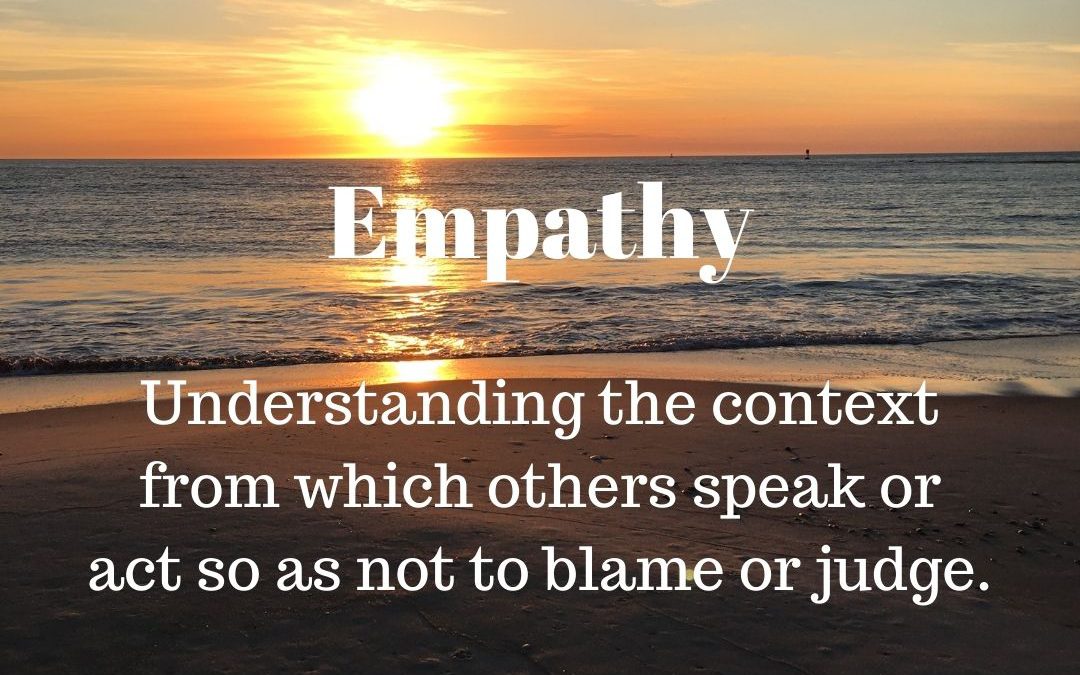
Excellence

Description
Excellence is giving our very best to any task we do and any relationship we have. Within us are many possibilities. Excellence hones our talents and turns them into gifts for the world. Excellence requires us to practice humility by learning from mistakes. Each time we do something, we seek to improve it, to keep raising the bar. Excellence is effort guided by a noble purpose. It is ongoing mastery. It flows when we are doing what we love. The perfection of a seed is the fruit that grows from it. Excellence in our lives brings our gifts to fruition.
Quote
“When love and skill work together, expect a masterpiece.” John Ruskin
“I do the very best I know how – the very best I can; and I mean to keep doing so until the end.” Abraham Lincoln
“May you discover your own special abilities and contribute them toward a better world.” Charlene Costanzo
The Practice of Excellence
- I give my best to all that I do.
- I give my best to my relationships.
- I am a lifelong learner.
- I fulfill my true possibilities.
- I strive for mastery.
- I work with love.
“Attention to little things is a great thing.” St. John Chrysostom
Definitions and practices of virtue are used with permission from the Virtues Project™.
In Family Life
In a family, excellence is a guiding principle that inspires each member to pursue their highest potential. It is demonstrated through the collective commitment to continuous improvement, where family members support and challenge one another to achieve their personal and shared goals. Excellence is cultivated through open and honest communication, where ideas are shared and differences are respected, fostering growth and understanding.
It is evident in how family members celebrate each other’s successes and provide unwavering encouragement in times of adversity. In a family dedicated to excellence, values of hard work, determination, and resilience are instilled, ensuring that each member thrives individually and contributes to the family’s overall well-being and legacy of greatness.
Balancing Excellence
To maintain a healthy balance of excellence, several complementary virtues can be beneficial:
-
-
- Humility: Humility helps counteract the overdevelopment of excellence by reminding us that it’s okay to make mistakes and that no one is perfect. It encourages us to learn from our errors and grow.
- Patience: Patience is essential to prevent the frustration and anxiety that may accompany the pursuit of perfection. It allows us to progress reasonably, understanding that excellence is an ongoing journey.
- Compassion: Compassion helps us avoid unrealistic expectations for others and fosters understanding and forgiveness when people fall short. It promotes healthier relationships and collaboration.
- Courage: Courage is necessary to overcome the fear of failure associated with the underdevelopment of excellence. It empowers us to take risks, embrace challenges, and put in the effort required for growth.
- Self-Care: Self-care is crucial to balance excellence as it reminds us to prioritize our well-being. It ensures that we don’t neglect ourselves while striving for excellence in various aspects of life.
-
When practiced in moderation and balanced with other virtues like humility, patience, compassion, courage, and self-care, excellence is a valuable virtue that can lead to personal and professional fulfillment without the negative consequences of overdevelopment or underdevelopment. Embrace excellence, but remember it is a journey, not a destination.
Being Excellent
- Give your best to whatever you do
- Don’t try to do everything
- Develop you special gifts
- Remember to plan and practice
Reflection Questions
- List the names of three famous people who excel in their field. How do they show it?
- Name a time you chose to practice excellence.
- Name a time you needed excellence. Did you practice it or did you choose to give up?
Practicing the virtue of Excellence within a family setting involves striving for the best version of oneself and fostering a culture of continuous improvement. Here are five ways family members can practice this virtue:
- Setting High Standards: Encourage each family member to set high personal standards and goals in various aspects of life, such as academics, sports, hobbies, or personal development. Emphasize the importance of putting in effort and dedication to achieve these goals.
- Supporting Each Other’s Growth: Create an atmosphere of support and encouragement where family members uplift and motivate each other to improve and excel. Celebrate each other’s successes and provide constructive feedback when needed.
- Promoting Lifelong Learning: Instill a love for learning in the family by reading together, discussing educational topics, or attending workshops and seminars. Encourage curiosity and the pursuit of knowledge in various areas of interest.
- Recognizing and Celebrating Achievements: Acknowledge and celebrate individual and collective achievements within the family. Whether big or small, recognizing accomplishments reinforces the value of striving for excellence.
- Emphasizing Continuous Improvement: Teach the concept of continuous improvement by emphasizing that excellence is not about being perfect but about consistently growing and bettering oneself. Embrace failures and setbacks as learning opportunities and encourage resilience in facing challenges.
By practicing these ways, family members can cultivate a culture of excellence that fosters personal growth, mutual support, and a shared commitment to being their best versions.





